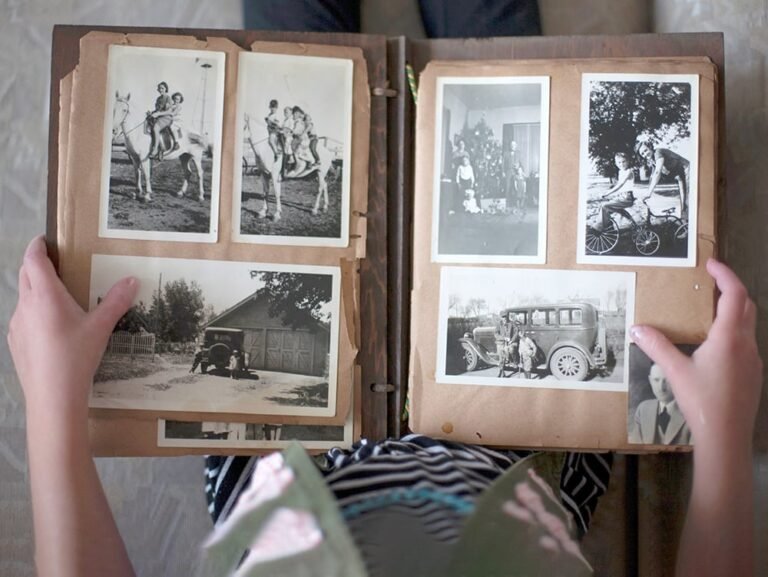Grammar: Past Conditional
The Past Conditional tense in French expresses the idea that you WOULD HAVE done something, if conditions had been different in the past.
In English, it uses either the words “would have” or “‘d” (apostrophe d) + “have.” The past conditional of the English verb “to give” is either “I would have given” or “I’d have given.” The past conditional of the English verb “to take” is either “I would have taken” or “I’d have taken.” The negative past conditional of the English verb “to give” is either “I wouldn’t have given” or “I’d not have given.”
The Past Conditional tense in French is a compound tense. That means it is made up of two verbs, not just one. If it were made of just one verb, it would be called a simple tense, like the Future Simple.
This tense is often used to express regret (“If I’d been braver, I would have acted sooner”) or recriminations (“If you had told me, I would have helped you”). It is usually paired with the Plus-que-parfait tense (Past Perfect tense) in these situations.
How to form the Past Conditional tense in French
- Choose the appropriate person (I, you, he/she, we, you, they) and select the appropriate pronoun (je, tu, il/elle, nous, vous, ils).
- Conjugate the conditional of AVOIR (if the verb is conjugated with AVOIR in compound tenses such as the Passé Composé) or the PRESENT conditional of ÊTRE (if the verb is conjugated with ÊTRE).
- Add the PAST PARTICIPLE of the verb in question, eg “to give” becomes “donné.” (If the past participle comes from a verb conjugated with ÊTRE, it should agree in number & gender where necessary, but this rarely changes the sound).
Past Conditional of AVOIR verbs
| Present Conditional of AVOIR | Past Participle | Result | Meaning | Short meaning |
| j’aurais | donné | j’aurais donné | I would have given | I’d have given |
| tu aurais | donné | tu aurais donné | you would have given | you’d have given |
| il aurait | donné | il aurait donné | he would have given | he’d have given |
| nous aurions | donné | nous aurions donné | we would have given | we’d have given |
| vous auriez | donné | vous auriez donné | you would have given | you’d have given |
| ils auraient | donné | ils auraient donné | they would have given | they’d have given |
Past Conditional of ÊTRE verbs
| Present Conditional of ÊTRE | Past Participle | Result | Meaning | Short meaning |
| je serais | arrivé | je serais arrivé | I would have arrived | I’d have arrived |
| tu serais | arrivé | tu serais arrivé | you would have arrived | you’d have arrived |
| il serait | arrivé | il serait arrivé | he would have arrived | he’d have arrived |
| nous serions | arrivé | nous serions arrivés | we would have arrived | we’d have arrived |
| vous seriez | arrivé | vous seriez arrivés | you would have arrived | you’d have arrived |
| ils seraient | arrivé | ils seraient arrivés | they would have arrived | they’d have arrived |






